The NIS 2 Directive is the updated EU cybersecurity legislation that strengthens security requirements, expands the scope of regulated sectors, and enhances incident response and risk management for critical infrastructure and essential services.

ISO/IEC 42001 is the international standard for Artificial Intelligence Management Systems (AIMS), providing guidelines for organizations to manage AI risks, ensure ethical AI deployment, and promote transparency, accountability, and continuous improvement in AI systems.
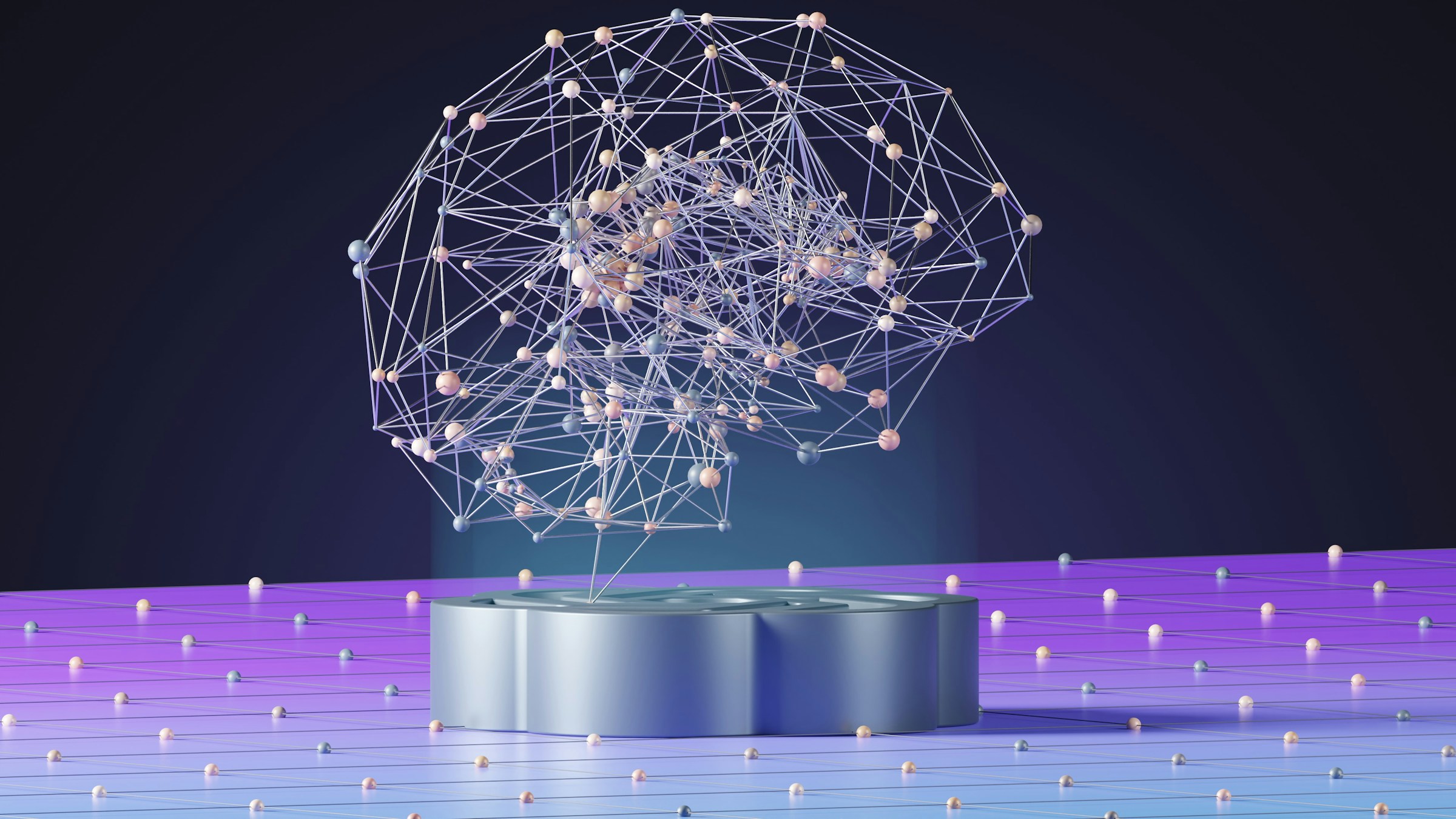
Certified Artificial Intelligence Professional (CAIP) training courses equip individuals with the knowledge and skills needed to design, implement, and manage AI systems, focusing on ethical AI practices, risk management, and industry best practices.

ISO 22301 is the international standard for Business Continuity Management Systems (BCMS), providing a framework to help organizations prepare for, respond to, and recover from disruptions, ensuring operational resilience and continuity.
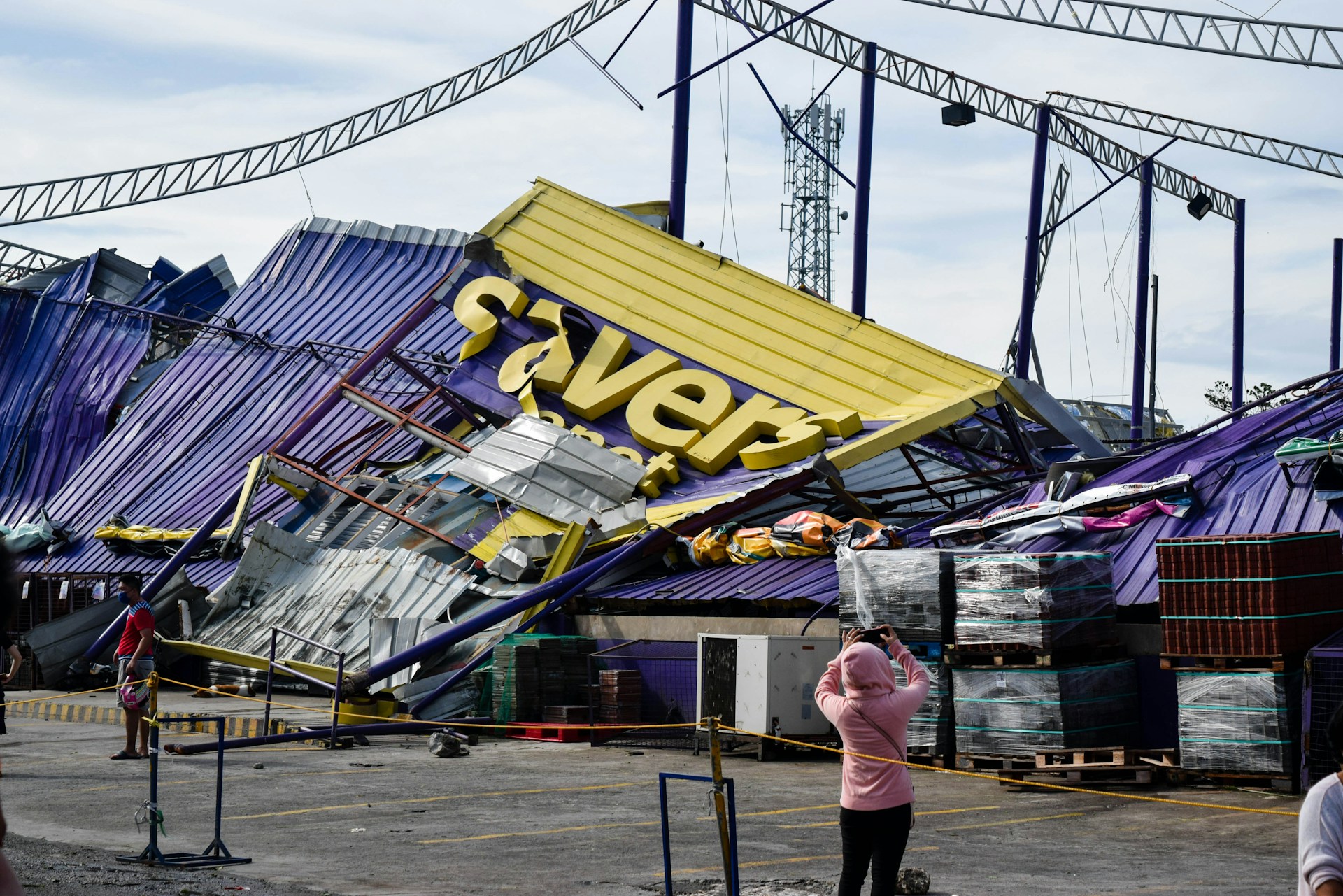
Disaster recovery is the process of planning, implementing, and managing strategies to restore critical systems, data, and operations after a disruption, ensuring business continuity and minimizing downtime.

The Digital Operational Resilience Act (DORA) is a European regulation that strengthens the cybersecurity and operational resilience of financial institutions by ensuring they can withstand, respond to, and recover from ICT-related disruptions and cyber threats.

Operational Resilience Management involves the strategies, frameworks, and practices organizations implement to anticipate, prevent, respond to, and recover from disruptions, ensuring continuous delivery of critical services.

Crisis management is the process of preparing for, responding to, and recovering from unexpected events or emergencies to minimize impact, ensure stability, and protect an organization’s reputation.

Cybersecurity management involves the implementation of policies, processes, and technologies to protect an organization’s digital assets, systems, and data from cyber threats and attacks.
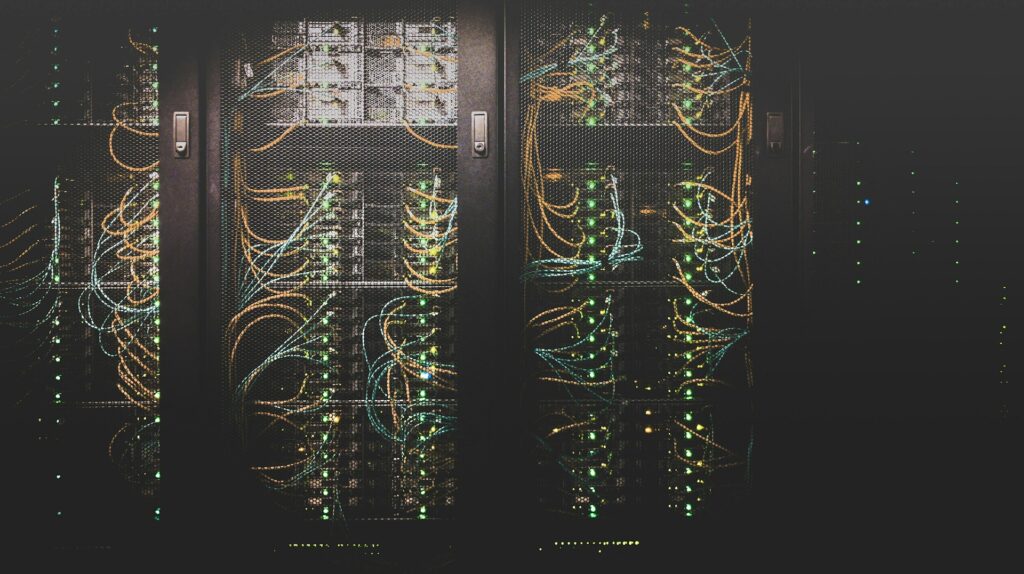
Cloud security refers to the set of policies, technologies, and controls designed to protect data, applications, and infrastructure in cloud environments from cyber threats and unauthorized access.

Penetration testing is a simulated cyberattack performed to identify vulnerabilities in an organization’s systems, networks, or applications, helping to strengthen security defenses.

SCADA (Supervisory Control and Data Acquisition) is a system used for monitoring and controlling industrial processes, infrastructure, and facility-based operations in real-time.

ISO/IEC 27033 provides guidelines for network security, covering the design, implementation, and management of secure network environments to protect against cyber threats and vulnerabilities.
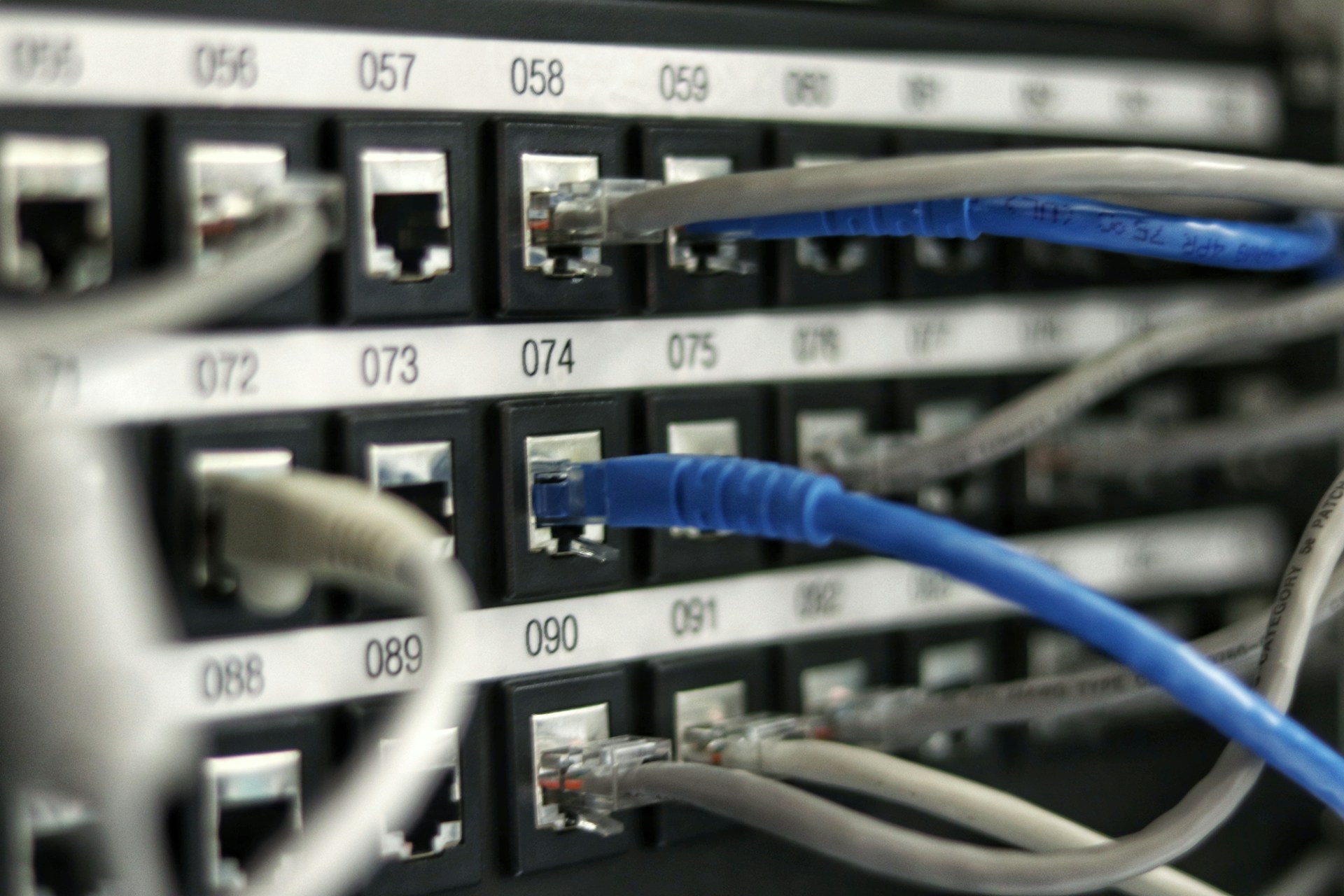
The Cybersecurity Maturity Model Certification (CMMC) is a framework developed by the U.S. Department of Defense to assess and enhance the cybersecurity practices of contractors handling sensitive government data.
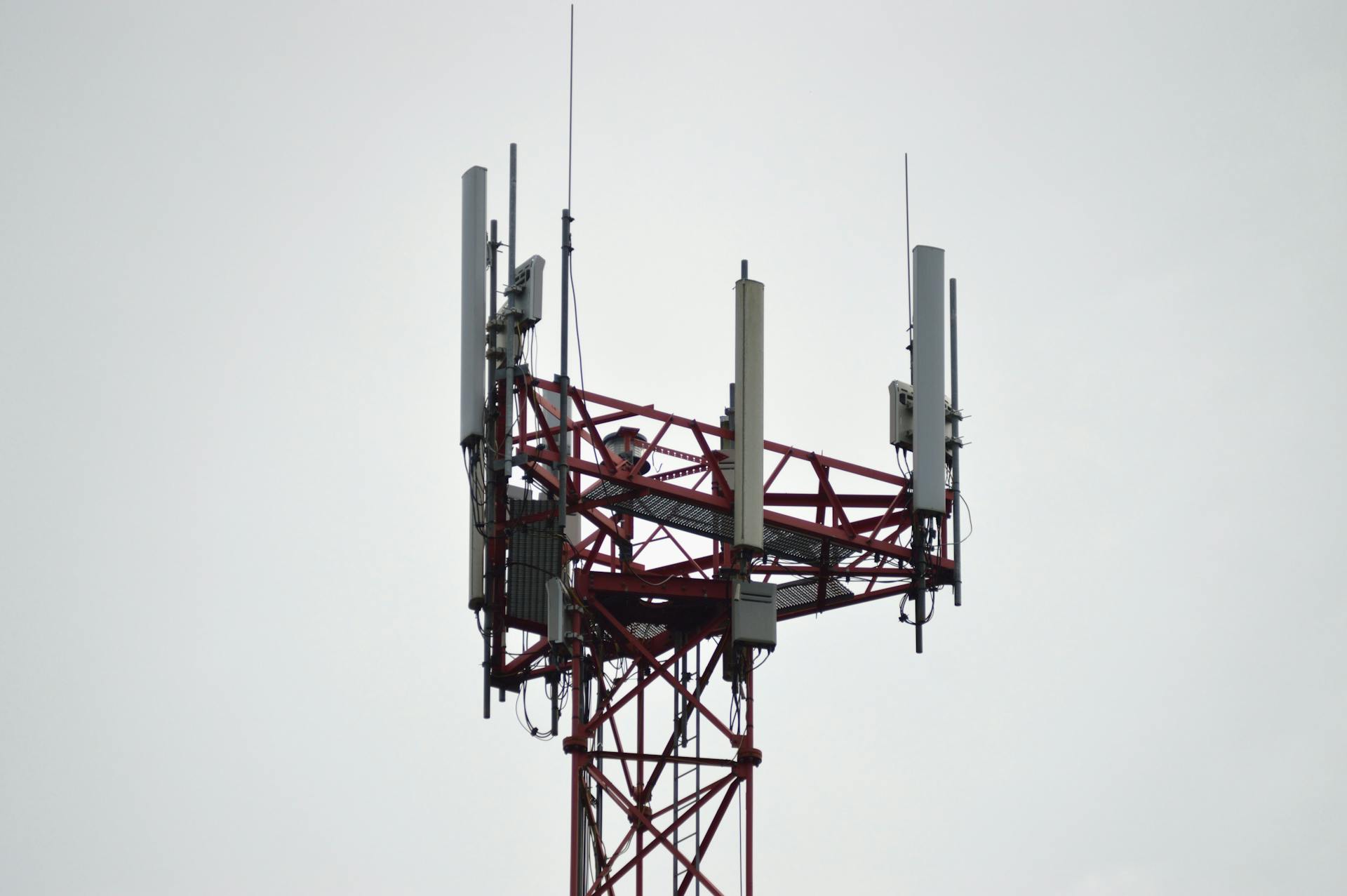

Digital transformation is the process of integrating digital technologies into all aspects of a business, enhancing operations, improving customer experiences, and driving innovation to stay competitive in a rapidly evolving digital landscape.

ISO 31000 is an international standard that provides guidelines for risk management, helping organizations identify, assess, and mitigate risks to improve decision-making and achieve their objectives.
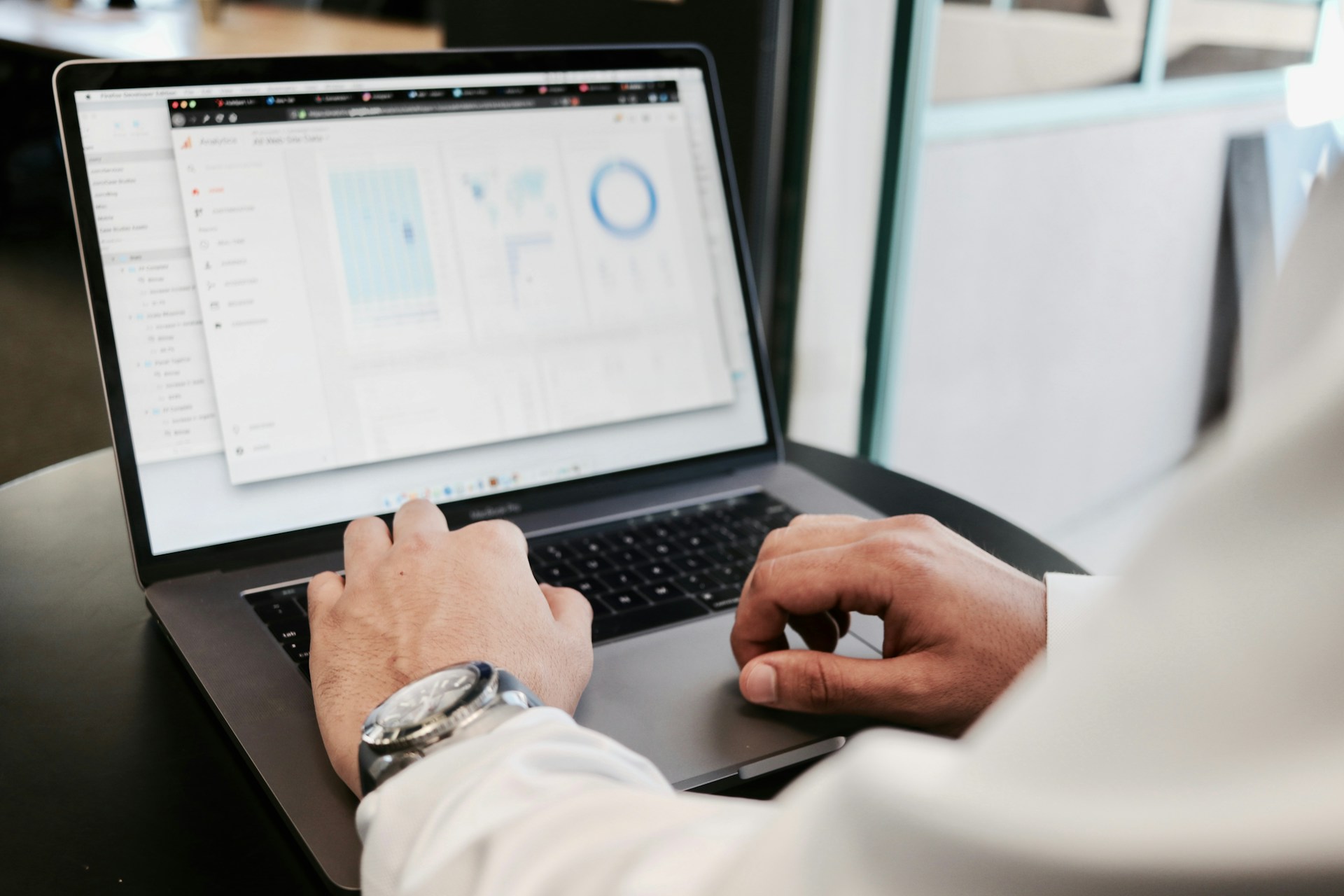
ISO 37001 is an international standard for anti-bribery management systems, providing organizations with a framework to prevent, detect, and address bribery while promoting ethical business practices.

ISO 37301:2021 is an international standard for compliance management systems (CMS), providing guidelines for organizations to establish, implement, maintain, and improve compliance processes to meet legal and ethical obligations.

ISO/IEC 38500 is an international standard that provides principles and guidance for IT governance, helping organizations ensure effective, efficient, and responsible use of information technology.

A Management Systems Internal Auditor is responsible for evaluating and assessing an organization’s management systems to ensure compliance with standards, identify areas for improvement, and enhance overall efficiency and effectiveness.

ISO 45001 is an international standard for Occupational Health and Safety Management Systems (OHSMS), helping organizations improve workplace safety, reduce risks, and enhance employee well-being.

ISO 22000 is an international standard for Food Safety Management Systems (FSMS), ensuring organizations in the food chain manage safety hazards and deliver safe products to consumers.

ISO 18788 is an international standard for Security Operations Management Systems (SOMS), providing a framework for organizations to manage security risks, ensure accountability, and operate responsibly in security services.

ISO/IEC 27001 is an international standard for Information Security Management Systems (ISMS), helping organizations protect sensitive data, manage risks, and ensure the confidentiality, integrity, and availability of information.

ISO/IEC 27002 is an international standard that provides guidelines and best practices for information security controls, helping organizations strengthen their cybersecurity measures and protect sensitive data.
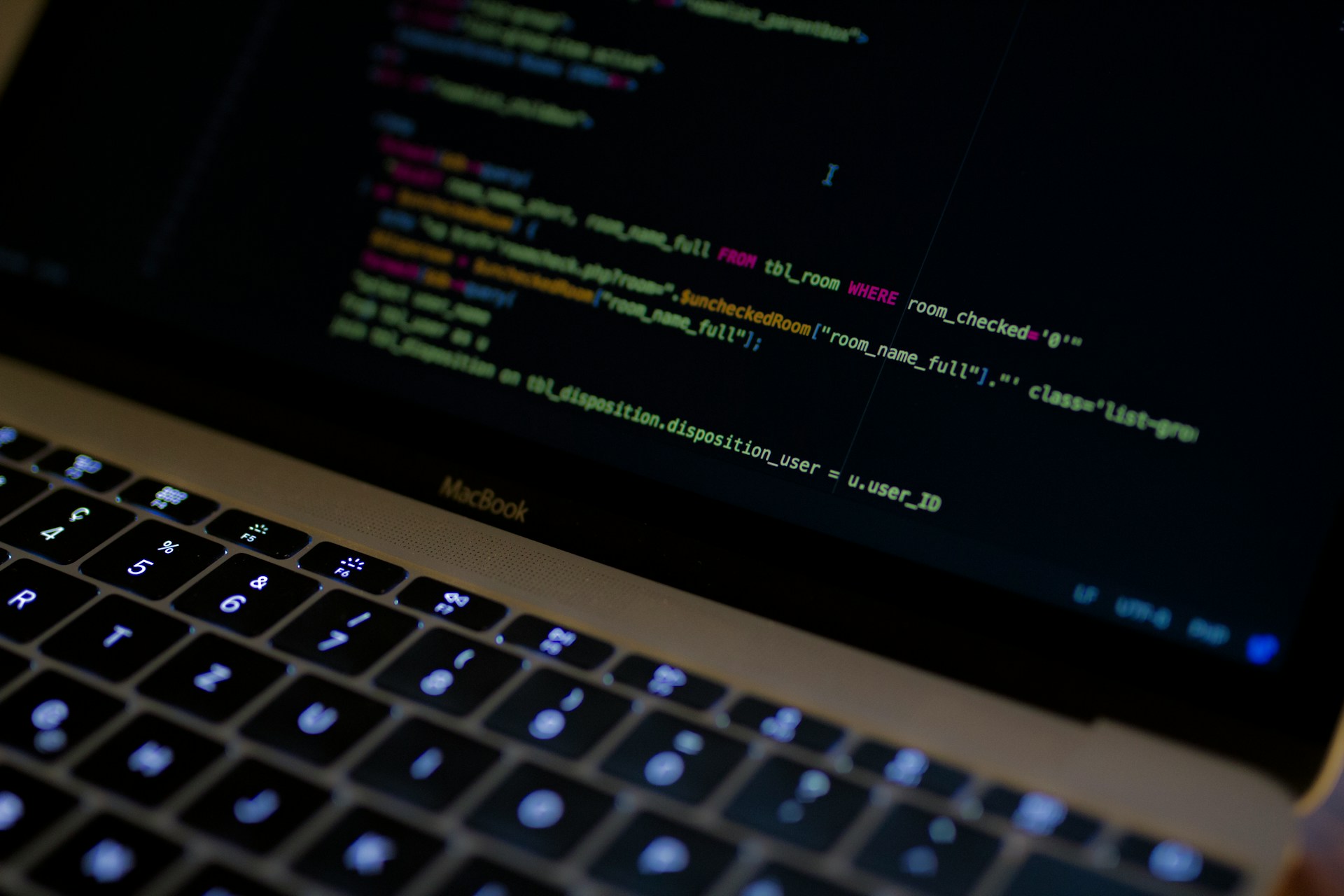
The RABQSA Chief Information Security Officer (CISO) certification validates expertise in information security leadership, risk management, and strategic cybersecurity planning to protect organizational assets and data.

EBIOS (Expression des Besoins et Identification des Objectifs de Sécurité) is a risk management methodology developed by ANSSI to help organizations identify, assess, and manage cybersecurity risks effectively.

ISO/IEC 27005:2022 is an international standard that provides guidelines for information security risk management, supporting organizations in identifying, assessing, and treating cybersecurity risks as part of an overall information security management system.

ISO/IEC 27035 is an international standard that provides guidelines for incident management in information security, helping organizations prepare for, detect, respond to, and recover from security incidents effectively.

ISO/IEC 27701 is an international standard for Privacy Information Management Systems (PIMS), providing guidelines for enhancing data privacy, managing personal information, and ensuring compliance with global privacy regulations.

The General Data Protection Regulation (GDPR) is a European Union law that sets guidelines for data privacy, giving individuals greater control over their personal data and imposing strict security requirements on organizations.

ISO 9001 is an international standard for Quality Management Systems (QMS) that helps organizations improve efficiency, enhance customer satisfaction, and ensure consistent quality in products and services.

ISO 21502 is an international standard for Project Management, providing guidance on managing projects effectively, improving performance, and achieving organizational objectives.

ISO 13485 is an international standard for Quality Management Systems (QMS) in Medical Devices, ensuring organizations meet regulatory requirements and produce safe, high-quality medical devices.

ISO/IEC 20000 is an international standard for IT Service Management (ITSM), providing a framework to improve service quality, enhance efficiency, and ensure continuous service delivery.

Six Sigma is a data-driven methodology for process improvement that aims to reduce defects, enhance quality, and increase efficiency by minimizing variability in business operations.

ISO/IEC 17025 is an international standard for Testing and Calibration Laboratories, ensuring they demonstrate competence, produce reliable results, and maintain quality in laboratory operations.

ISO 21001 is an international standard for Educational Organizations Management Systems (EOMS), helping institutions improve learning processes, meet learner needs, and enhance educational quality.

ISO 55001 is an international standard for Asset Management Systems (AMS), providing a framework to help organizations manage assets efficiently, reduce risks, and improve value throughout the asset lifecycle.

ISO 28000 is an international standard for Supply Chain Security Management Systems, helping organizations identify risks, strengthen security, and ensure the safe movement of goods across the supply chain.

ISO 50001 is an international standard for Energy Management Systems (EnMS) that helps organizations improve energy efficiency, reduce costs, and minimize environmental impact.

ISO 14001 is an international standard for Environmental Management Systems (EMS) that helps organizations enhance environmental performance, comply with regulations, and reduce environmental impact.

ISO 37101 is an international standard for Sustainable Development in Communities, providing a framework to enhance sustainability, resilience, and quality of life in cities and communities.

ISO 26000 is an international standard that provides guidance on social responsibility, helping organizations operate ethically, contribute to sustainable development, and improve their impact on society and the environment.

ISO 20400 is an international standard for Sustainable Procurement, providing guidelines to integrate social, environmental, and economic sustainability into purchasing processes.
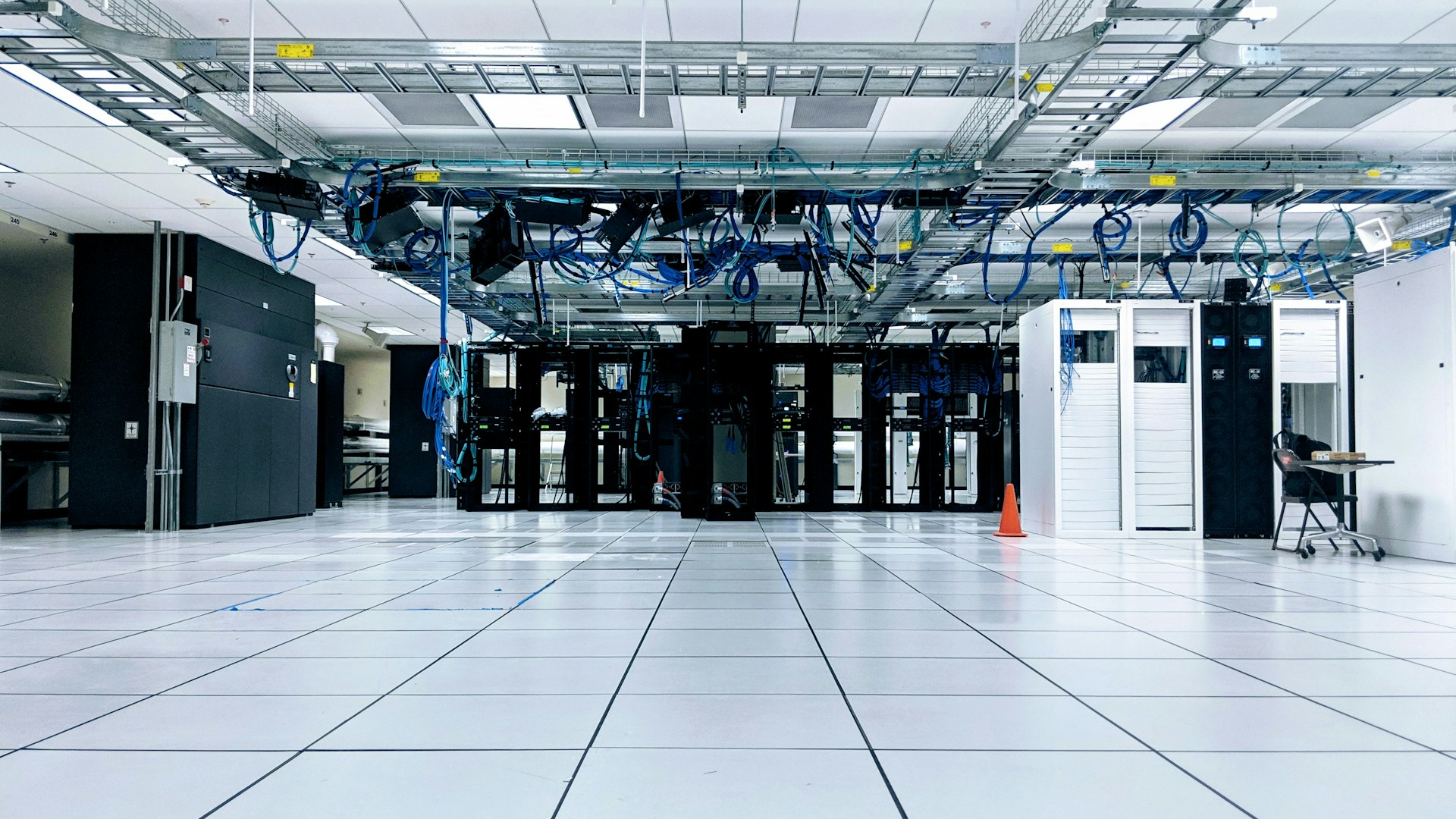
Ethical hacking is the practice of legally testing systems for vulnerabilities to enhance cybersecurity.

The Certified Cyber Threat Analyst (CCTA) certification validates expertise in identifying, analyzing, and mitigating cyber threats to enhance organizational security.
